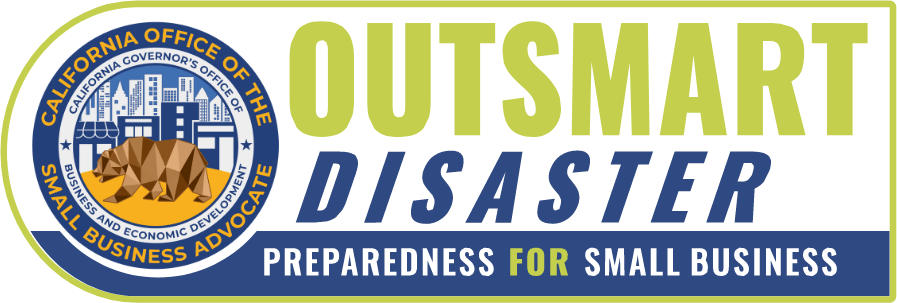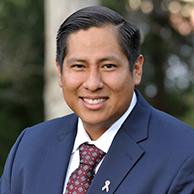Franchising vs. Buying a Business
The main difference between franchising and buying an existing business is the level of control you’ll have over your business.
The main difference between franchising and buying an existing business is the level of control you’ll have over your business.
- Franchising gives you more guidance, but less control
A franchise is a business model where one business owner (the franchisor) sells the rights to their business logo, name, and model to an independent entrepreneur (the franchisee). Chains of restaurants, hotels, and service-oriented businesses are frequently franchises.
When you buy a franchise, you get the right to use the name, logo, and products of a larger brand. You’ll also get to benefit from brand recognition, promotions, and marketing. All of this theoretically reduces your marketing costs, but it also means you have to follow rules from the parent brand about how you run your business. These rules can be more or less restrictive depending on the company.
Two common forms of franchising are:
Product/trade name franchising: The franchisor owns the right to the name or trademark of a business and sells the right to use that name and trademark to a franchisee. This style of franchising normally focuses on supply chain management. Typically, products are manufactured or supplied by the franchisor and delivered to the franchisee to sell.
Business format franchising: The franchisor and franchisee have an ongoing relationship. This style of franchising normally focuses on full-spectrum business management. Typically, the franchisor offers services like site selection, training, product supply, marketing plans, and even help getting funding
- Buying an existing business gives you more control than a franchise, but requires a lot of due diligence
Make sure you’re ready to review all available previous business records with a fine-tooth comb or hire an accountant to help you. The value of your purchase depends on the accuracy of those records and will determine the appropriate offer price.
Likewise, make sure you understand the legal terms of the business ownership transfer including assets like client lists and other intellectual property like patents or trademarks; try to create your own relationship with the landlord or supplier for any leased property or equipment; and make sure you know your obligations to any employees.
It’s also a good idea to check with local economic development organizations and city and county officials to understand any conditions or plans that might impact your business.
Whichever lane you pick, a new business venture always requires the owner to examine these three basics as part of the decision-making process:
- Quantify your investment
- Consider your talents and lifestyle
- Review the full economic landscape
Have more questions?
Talk to a trusted business advisor through our network of Small Business Support centers. Consulting services are no-cost to you.

California Office of the Small Business Advocate
1325 J Street, Suite 1800
Sacramento, CA 95814
Contact CalOSBA
Speaker Request Form
Stay informed. Subscribe:
CalOSBA Newsletter
State Funding Programs
CA Grants Portal




















































